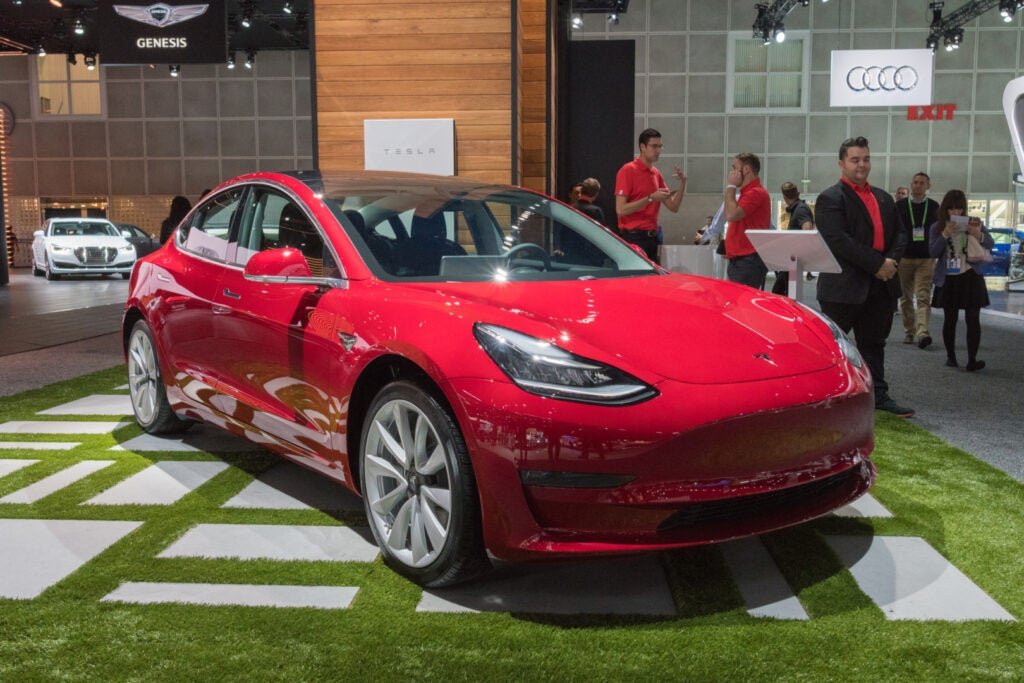Are Electric Vehicles Not Suitable for the Common Man? GLJ Research CEO Gordon Johnson Weighs In
Gordon Johnson, the CEO of GLJ Research, recently made headlines with his opinion that electric vehicles (EVs) are not suitable for the common man. Despite Tesla Inc (TSLA) reporting full-year deliveries that surpassed market estimates, Johnson believes that high vehicle costs and low resale value make EVs unaffordable for the average consumer.
During an appearance on CNBC’s Squawk Asia program, Johnson stated, “These vehicles are going to be hard to afford for a worker who makes an average salary of $65,000/year in Columbus, Ohio. I am not saying it’s (EVs) going the way of the Dodos, but I think that it is a niche market. It is not mass adoption like people in the media say.”
Johnson’s comments came after Tesla announced annual deliveries exceeding 1.8 million vehicles, surpassing its own targets for the full year 2023. However, Johnson does not consider delivery numbers as a significant indicator of EV popularity. He believes that Tesla’s price cuts and their impact on operating margins are more crucial than delivery numbers.
According to Johnson, Tesla’s operating margins are now below those of Toyota, Stellantis, GM, BYD, BMW, and Mercedes. He points to the company’s ongoing discounts on its cars and asserts that margins will continue to decline. He even suggests that it may not be possible to sell EVs, and the lower margins have pushed other legacy automakers out of the space.
In the third quarter, Tesla’s operating margin was 7.6%, while General Motors Co (GM) reported an 8.1% adjusted EBIT margin, and Ford Motor Co (F) reported 5%. This raises concerns about Tesla’s profitability and ability to compete with traditional automakers.
During Tesla’s third-quarter earnings call, CEO Elon Musk expressed concerns about falling demand due to rising interest rates, which make EVs more expensive for consumers. Musk hinted at potential further price cuts until interest rates drop.
While Johnson’s opinion may spark debate, it is important to consider both sides of the argument. EVs have many advantages, including lower long-term operating costs, reduced environmental impact, and technological advancements. However, affordability remains a significant barrier for many consumers.
As the industry continues to evolve, automakers must find ways to make EVs more accessible to the average consumer. This could involve reducing manufacturing costs, increasing government incentives, or developing more affordable EV models.
Ultimately, the mass adoption of EVs will depend on a combination of factors, including technological advancements, infrastructure development, and affordability. As the market matures, it will be interesting to see how automakers address these challenges and whether EVs truly become a vehicle for the masses.





